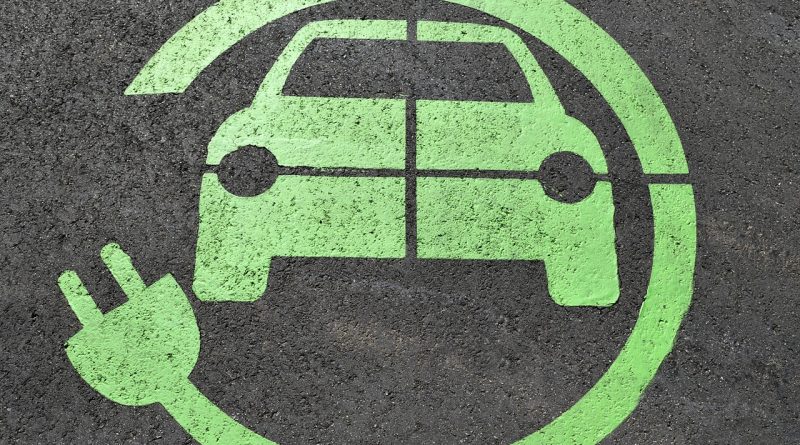Electric Car Can Wait For Oil Exec
An Electric Car Can Wait For Oil Exec
There sure is a lot of excitement percolating around plug-in hybrid and electric cars these days. Chevrolet’s Volt and Nissan’s Leaf are the talk of the car world, city governments are installing battery chargers, and the Obama administration has promoted them. Even the TV commercials for the battery chargers are cool.
Bloomberg News A Nissan employee installs a battery-charger component for a Leaf vehicle at a plant in Yokosuka City, Japan.
There are some skeptics, however. And on Thursday I caught up with one of them, William M. Colton, ExxonMobil’s vice president for corporate strategic planning, who is definitely not a fan. A reverse skeptic could say, sure, why would ExxonMobil say nice things about a car that would displace gasoline? That’s certainly true, although Exxon Mobil is getting more and more invested in natural gas, which would indirectly help fuel electric and hybrid cars because it is an important fuel stock for the electric utilities that ultimately charge the car batteries.
For Mr. Colton, the argument against the electric car is purely economic. “One word tells you the whole picture, and its starts with the letter B: batteries are not ready for prime time,” he said, noting that the last time he looked, the battery in the Leaf cost $17,000.
By his calculation, batteries cost $800 to $1,000 per kilowatt-hour, and that has to be reduced to $300 to $500 for electric cars to make sense. And the comparison with the internal combustion engine is a no-brainer, at least for him.
“A conventional car uses only about 100 pounds of gasoline to go 400 miles,” he said. “You go 60 miles an hour, 400 miles. You can run the air conditioner and the radio, and refuel in five minutes. Compare that with a battery, a very heavy and very expensive battery that will only take you 100 miles on a good day and it takes 12 hours or 8 hours to refuel. It’s a very problematic purchase.”
What is needed is a breakthrough in battery technology, he said, but he does not see that happening in the next 10 years at least.
So what alternative does Mr. Colton offer to reduce emissions, especially carbon dioxide, which is linked to climate change?
He says that a lot can be done to improve existing technology in transmissions, engines and electronics to improve the internal combustion engine’s performance. He says hybrids like the Prius will make more sense in the future as technologies improve. And there are other more cost-effective ways to reduce carbon dioxide emissions, he says.
“When you look at mitigation costs for CO2 in electric vehicles, you are talking about hundreds of dollars per ton of CO2. Its very, very expensive because the batteries are so expensive,” he said. “So we say instead of doing that, if you take natural gas and just displace coal at an electric power plant, you can do it for just $20 a ton. Why wouldn’t you do that first?
Since ExxonMobil is the No. 1 natural gas producer in the country, company shareholders would probably agree with him.
More Read: batteryfast.co.uk


